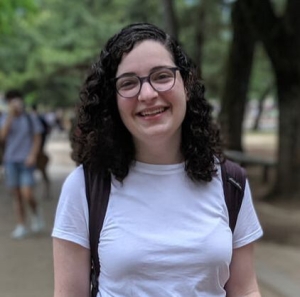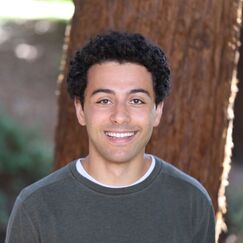

PhD Candidates Rebecca Tarnopol and Diler Haji are at TAGC, or The Allied Genetics Conference, in Washington, DC from March 6th to 10th, 2024 and will present their research on Saturday the 9th. Diler will present a poster on experimental evolution of leafming flies and Rebecca will speak during the Comparative Genomics session.
You must be logged in to post a comment.